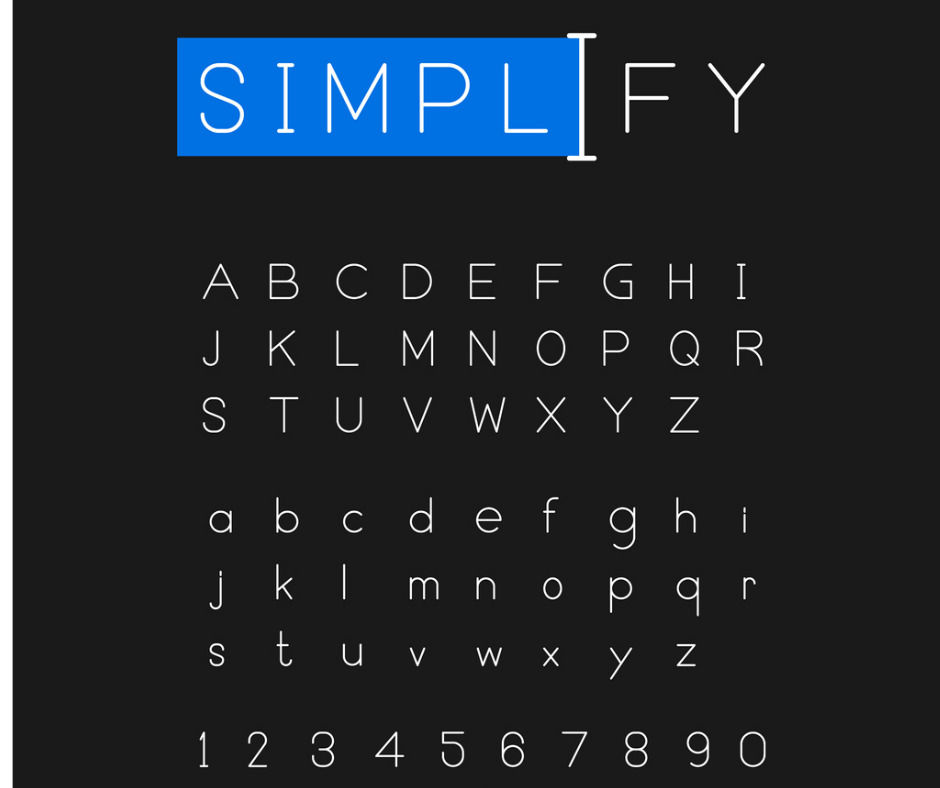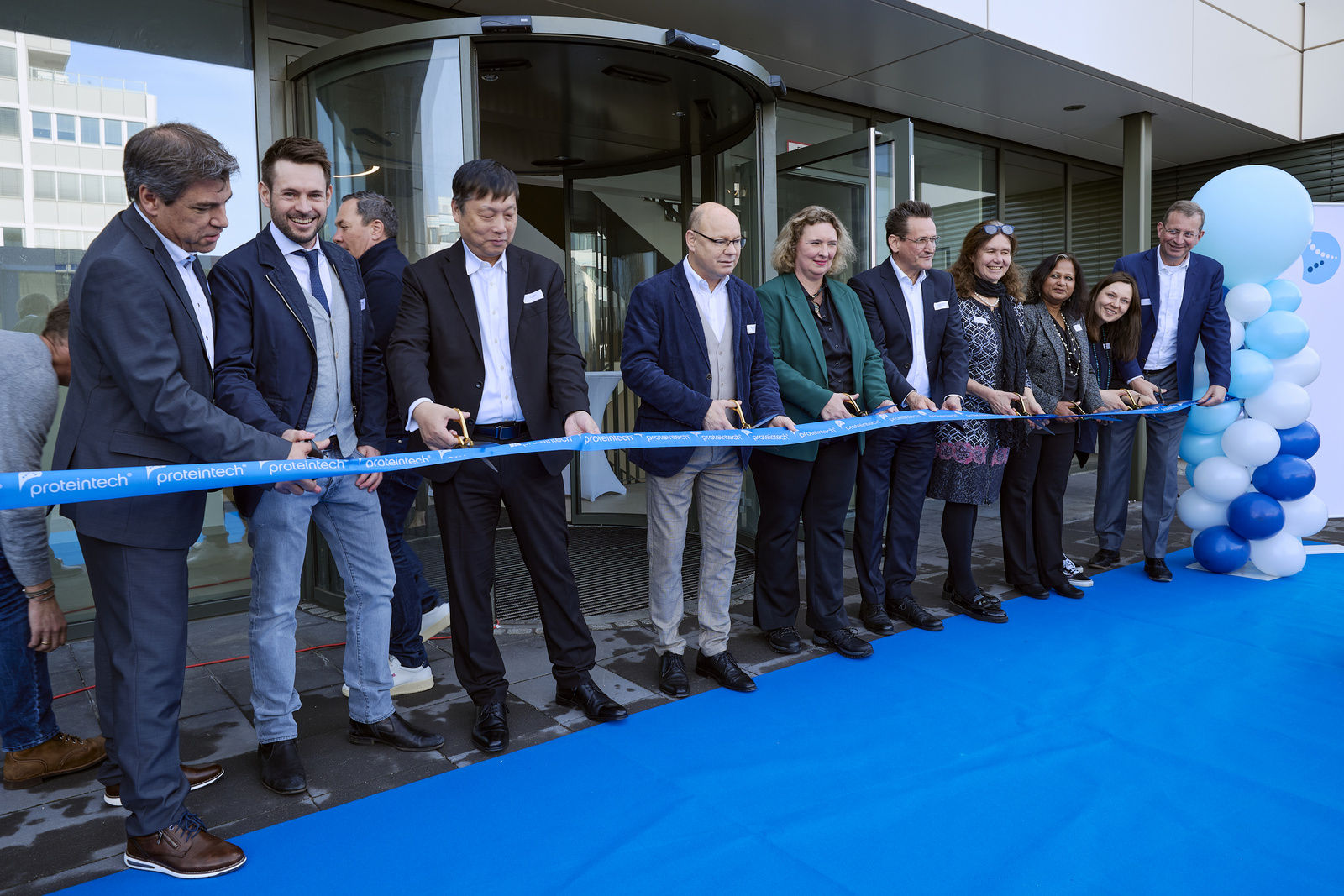- Startseite -
- Digital Bavaria -
- Blog #bytevaria - Augmented and virtual reality: A virtual look at Bavarian start-ups
Augmented and virtual reality: A virtual look at Bavarian start-ups
Augmented reality or virtual reality – virtual realities blend with actual reality or even create a completely new one. What generally tended to be well-known in the gaming sector, is a superb example of cross-industry innovation. As these technologies and their possibilities have not just been of interest to the gaming industry for a long time now.

One of the most important innovation drivers for the further development of technology and rethinking scenarios for use are start-ups. Young founders are also contributing to digital technologies prompting entire industries to rethink in Bavaria too. We take a closer look at a few.
Virtual innovation in Bavaria
As an innovation location, Bavaria benefits greatly from the networking of classic industries with disruptive business models. This is accentuated, among other things, by the success stories of Metaio and Reflekt who have a strong partner backing them with Apple or Bosch, who support their developments.
- RE’FLEKT: Develops platforms with which companies can implement their own augmented and mixed reality solutions. Founded in 2012, the company’s customers now include major names like Audi, BASF, BMW and Thyssen Krupp. Reflekt was awarded as a “Gartner Cool Vendor” for developing ground-breaking technology and the option of creating and adapting scalable AR applications. The latest success: Reflekt and the Bavarian Ministry of Economic Affairs have brought the largest augmented and virtual reality event to Munich with the AWE.
- Metaio: A sensational exit – Apple already snatched Metaio from Munich up in 2015 and took it over. The start-up had been doing business in the field of AR for quite a while, the company was founded out of the GATE Garchinger Technologie- und Gründerzentrum start-up centre in 2003. The start-up became well known, among other things, with the first interactive IKEA catalogue in 2012, where users could project their furniture into their own living room using an app. Automotive customers, such as VW or Ferrari, have implemented various concepts with Metaio, for example digital showrooms or AR-supported repair instructions.
- Vuframe: Offers solutions with whose help products can be virtually demonstrated regardless of the location and time thanks to AR or VR.
- VR-On: This start-up also develops VR applications for automotive manufacturers and architects, which are to make internal collaboration between staff easier and therefore better. The founders were able to acquire 1.3 million euro in financing in summer 2017, the largest financing sum so far in a total of three rounds since it was founded in 2016.
- Innoactive: The VR experts created the “Volkswagen Digital Reality Hub” for Volkswagen, among other things. This combines all the corporation’s VR applications as well as users and tools for everything to do with production and logistics on one platform – an outstanding example of how AR and VR concepts are being used in Industry 4.0.
- NavVis: Indoor mapping, visualisation and navigation are this start-up’s key areas of expertise. The team from Munich has taken the plunge into the USA in the meantime and was able to secure financing through the venture capital provider Digital+Partners again last year to further promote its “Google Street View for Indoors”.
- Design4real: The potential of AR and VR applications is not going unused in the creative industry either. For example, the Design4real agency implements VR, 360° and real time concepts for its customers.
- Ignyte: This firm certainly knows its way around VR effects and producing visual effects, as Ignyte has proved, for example, with its VR multiplayer system Hologate.
- Icaros: This start-up, a spin-off company from the Munich innovation agency Hyve, lets its users fly. It develops VAR applications for this in combination with the appropriate hardware to bring sport together with entertainment in a totally new way. The start-up has been highly praised for its innovative concept since its very first public appearance at Re:Publica 2015. Besides innovative athletes, the company also focuses on other target groups and possible applications, for example mobilising stroke patients.
The Bavarian start-up scene is very broad and serves the very different interests of the companies based here, whether it’s in a creative or technological context – or strictly speaking in both aspects, particularly when it comes to augmented and virtual reality.

- von Veronika Reichl (on parental leave)
- Investor Services Digitalization & Mobility
- Alle Artikel dieses Autors anzeigen

Our ABCs of Funding: Find the most important information about funding!

Chicago/Planegg-Martinsried: the US-based Proteintech Group triples the size of its site in Bavaria – with a key focus on research & development, production and logistics

